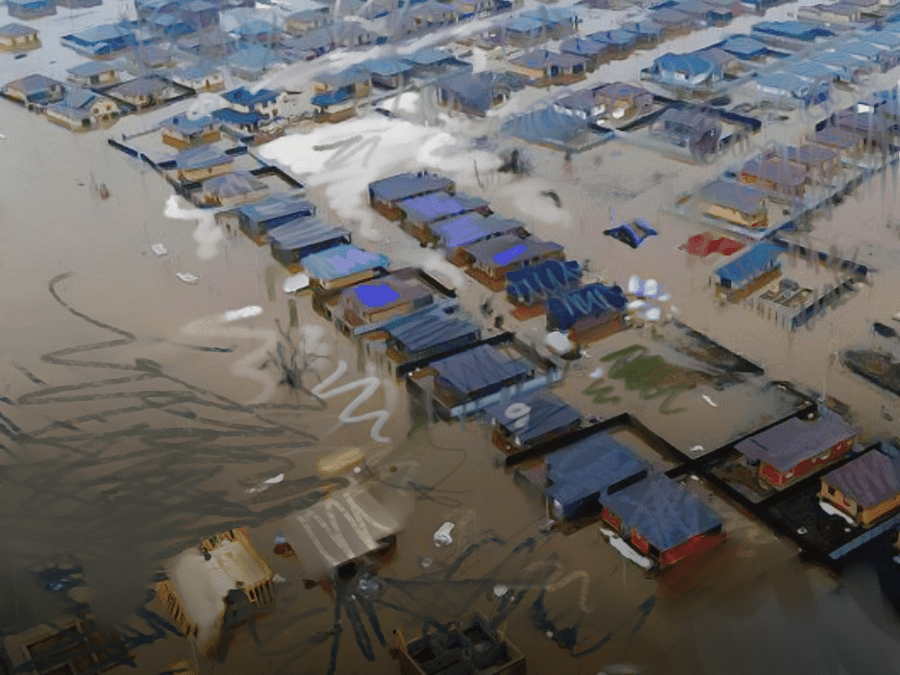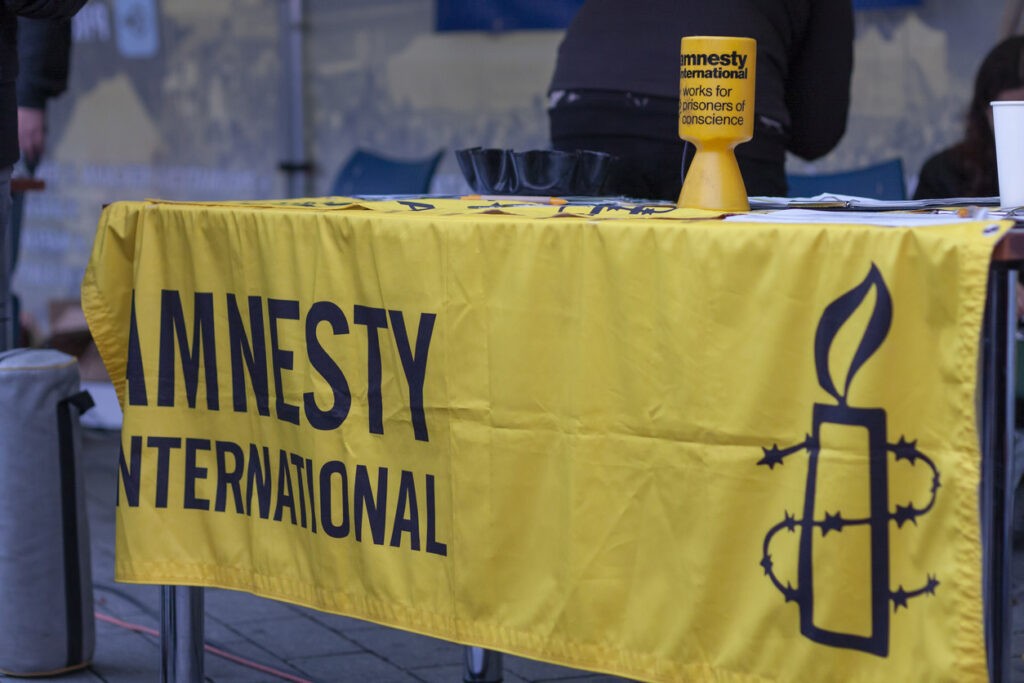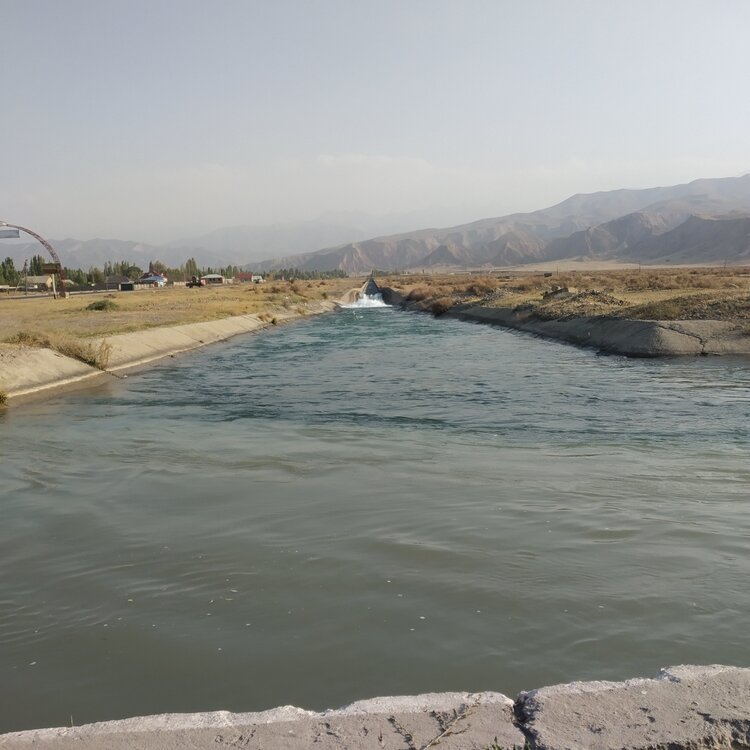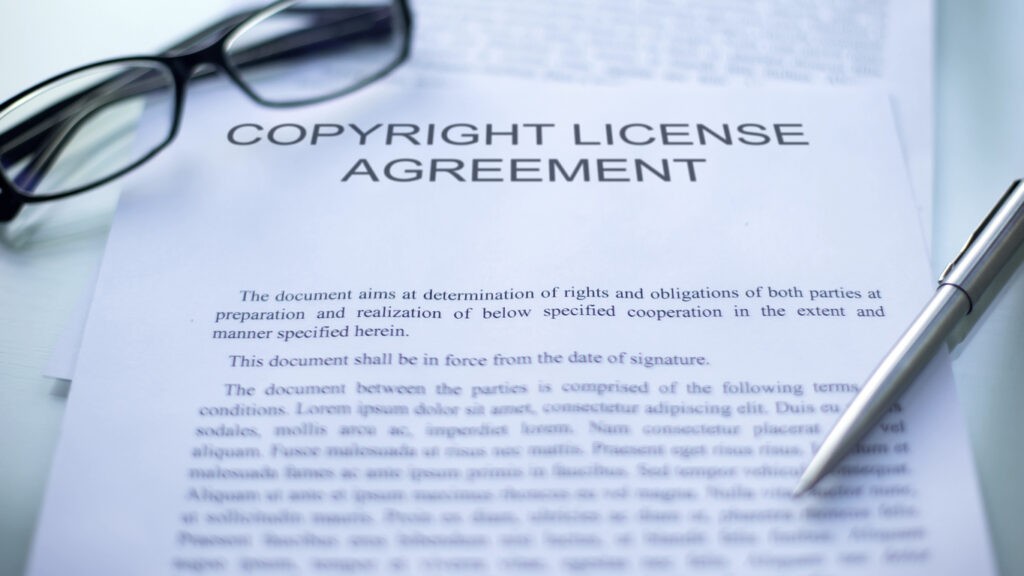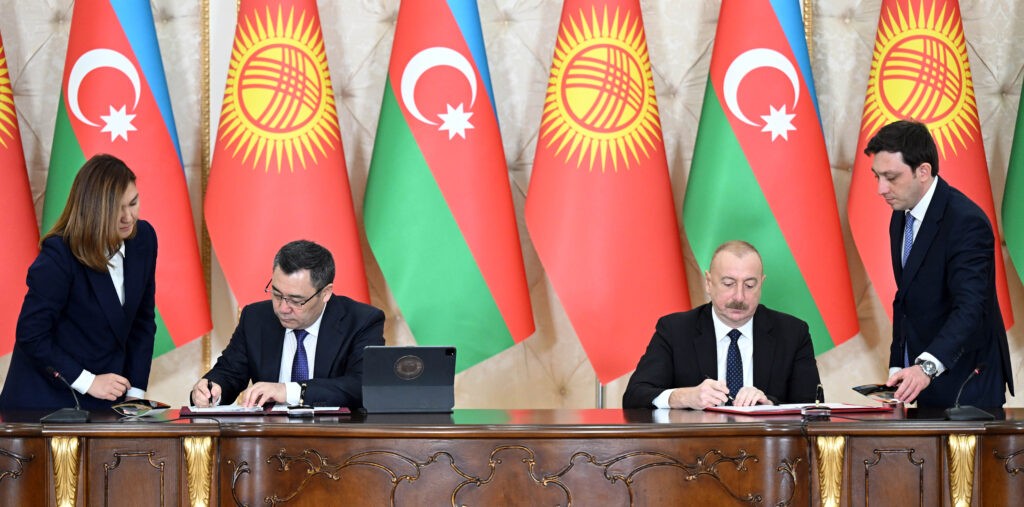The Times of Central Asia has studied the Uzbekistan section of Amnesty International’s annual report on the state of human rights in the world. The report includes profiles of 155 countries with artificial intelligence (AI)-tracked human rights records through 2023. The results of the review show that Uzbekistan still has much ground to cover to improve its standing among global peers in the sphere of human rights.
In April 2022, the introduction of constitutional amendments caused mass protests in the autonomous republic of Karakalpakstan. Dozens of people involved in the brutally suppressed mass protests in Karakalpakstan have been found guilty in biased, politically motivated trials. Despite widespread allegations of illegal use of force against peaceful protesters in Karakalpakstan, only three members of the security forces have been prosecuted.
Defamation and insults, including insulting the president, remain a criminal offense. The government has tightened control over critical voices, especially on social media. At least 10 bloggers have been prosecuted on allegedly false and politically motivated charges for their online posts containing criticism.
Torture and ill treatment of those detained in prisons remain widespread. Since 2021 no progress has been made on implementing proposals presented by the Prosecutor General’s Office to eliminate torture by reforming the criminal code, creating independent mechanisms to monitor torture complaints, improving prison conditions and addressing the issue of reparations for torture.
During an October 2023 appeal hearing of the detained blogger and investigative journalist Abduqodir Mominov, he told the court that police “shocked my body, kicked and crushed my genitals, repeatedly hit my legs with special batons… [and] hurt my ribs” in order to force a confession. The court didn’t issue an order to investigate his claim of torture.
In April, legislative amendments introduced domestic violence as a separate crime for the first time — and provided additional protection mechanisms for women and children who are victims of violence. But these new safeguards officially prioritize reconciliation and family reunification over the protection of women’s and children’s rights, and have been officially described as “strengthening the institution of the family.”
Exercising the right to religious freedom remains under strict control. The report says the government continues to prosecute devout Muslims on what it describes as “extremism-related” charges — while also failing to investigate their claims of torture and ill treatment.
Sardor Rahmonkulov, a student who was sentenced to five years in prison in January for spreading religious songs through social media, claimed in court that police officers suffocated him with a plastic bag and took turns kicking him. The appeals court, as is customary, refused to consider his allegations of torture.


